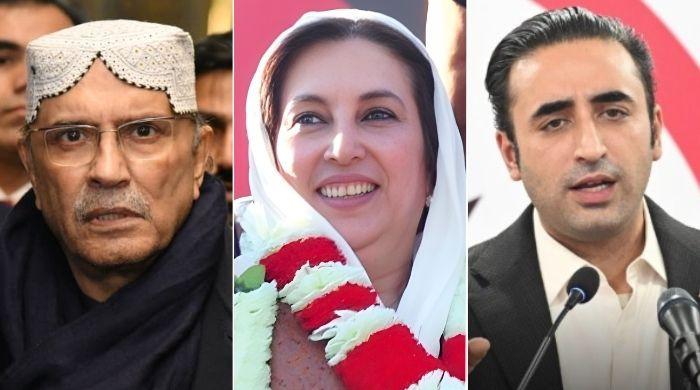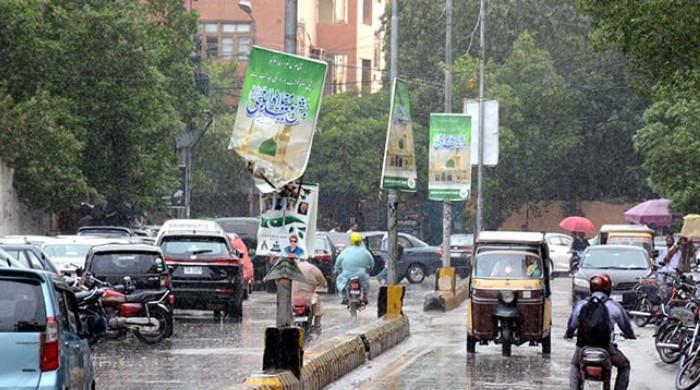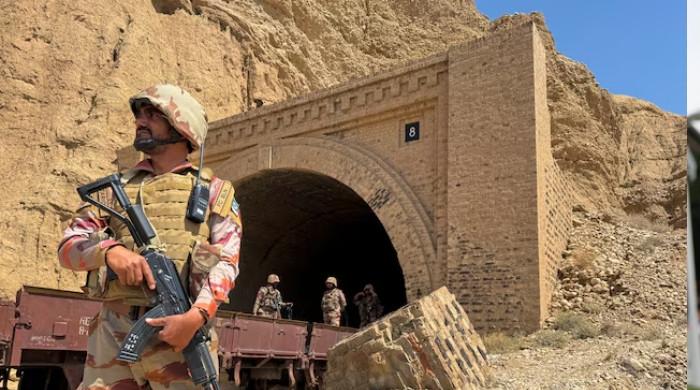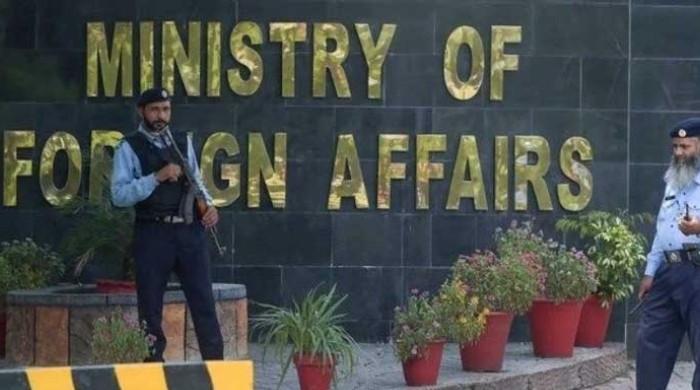‘Kill them to salvage the tribe’s honour’
Teenagers killed in the name of honour in Karachi
September 09, 2017
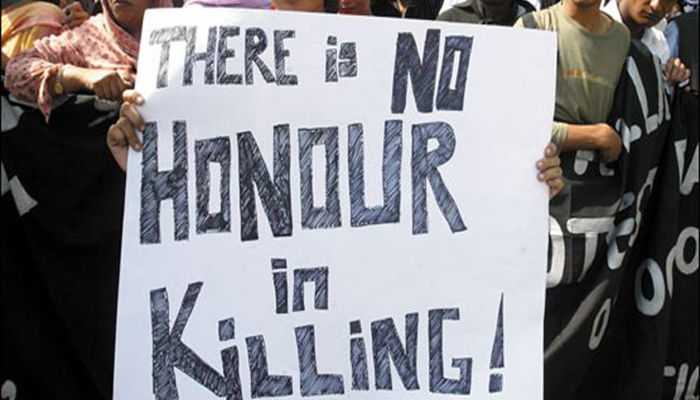
A teenage couple accused of violating the Pashtun ‘code of honour’ killed with electric shocks. The murders executed by family members on the orders of a jirga of elders of the Mohmand tribe.
First to fall prey to misconstrued notions of honour was the 15-year-old girl. By the next sunrise, the 17-year-old boy too was no more.
Over the next few days, their bodies simply disappeared, buried in the dark of night. There was no mourning, no last rites and no prayers for the departed.
Any reader would be forgiven for assuming this brutal tragedy occurred somewhere in the tribal reaches of the country. But this was in Karachi, the largest urban centre of Pakistan, where the laws of the country apply in full force.
The area where this atrocity played out was Ali Brohi Goth, a locality in the suburbs of Karachi that falls with the jurisdiction of the Ibrahim Hyderi police.
As per information garnered from local residents and police sources, the wheels of tribal ‘justice’ were set in motion on August 14, the day the country celebrated 70 years of its existence.
The girl, 15-year-old Bakht Taj, daughter of Hikmat Khan, had allegedly attempted to elope with 17-year-old Rehman, son of Muhammad Afzal. Both families belong to the Safi sub-clan of the Mohmand tribe and reside in Ali Brohi Goth.
On Independence Day, Taj disappeared from her house with cash and jewellery. While she stayed at a house in the nearby area of Gulshan-e-Buner, Rehman was to remain at his own home so as to not arouse suspicion.
As Taj’s frantic parents scoured their daughter’s room for any clue to her whereabouts, they soon found a mobile SIM card registered in Rehman’s name. The oversight would prove fatal for the teenage couple as the elders managed to track Taj down and brought her home on the same day.
A broken agreement
Realising the gravity of the matter, Rehman’s father, Afzal, visited Taj’s house to meet her father, Hikmat, and extended a marriage proposal. Knowing well the possibility of violent retribution from Taj’s family, Afzal relied on another archaic tribal practice, Swara (offering girls of the family for marriage), to pacify Taj’s parents.
Along with promising to give two of his daughters for marriage, Afzal offered to bear all the expenses of Taj and Rehman’s wedding and also proffered a cow as compensation.
Sources who followed the developments told The News that Taj’s family had accepted Afzal’s offer. An agreement was reached between the two families and over a dozen elders of the Mohmand tribe residing in Ali Brohi Goth, Sherpao Colony and Muslimabad gathered on August 15 for a jirga to conclude the matter.
It was there that a staunchly conservative elder, Sartaj Khan alias Shagalai, raised objections to the agreement. In his rigid view, the jirga had to punish the teenagers to discourage such acts in the future and their families had to be the ones to kill their children, all to save their and the tribe’s ‘honour’.
Murder most foul
Shagalai’s contentions swayed the jirga members and the orders for cold-blooded murder were passed. The adolescents, though, were to die separately.
Taj’s life was taken first. Her father and uncle, Zar Khattab, made her consume a strong sedative and then tied the unconscious girl to a charpoy. She was then administered powerful electric shocks to end her life.
Taj was buried that night in secrecy by five tribesmen at the Maula Madad graveyard in Sherpao Colony. The next day, Rehman’s family was made to repeat the same harrowing exercise with their own flesh and blood.
Rehman’s father, Afzal, had opposed the decision but, according to his relatives, one of the jirga members threatened to have his family in his hometown harmed by Taliban militants if he failed to comply.
The law strikes
Everyone involved in the barbaric murders tried to keep it a secret. Fortunately, though, news of the killings soon reached the authorities.
Law enforcers have been conducting raids and the case has been transferred to the Shah Latif police. SHO Aman Marwat told The News that four people, including Afzal and Hikmat, had been arrested so far while efforts were afoot to track down the main instigator, Sartaj Khan alias Shagalai. The officer said the victims’ bodies would be exhumed on September 13 for autopsies.
Activists working on gender issues and women’s rights say the practice of killing people over misconstrued notions of honour remains rampant in the country, particularly among Pashtun tribesmen.
“Such incidents keep occurring in Karachi’s Pashtun-populated localities but due to geographical inaccessibility and an absence of a vibrant civil society in the neighbourhoods, news of these murders often does not make it to the media,” said Mahnaz Rahman, resident director of women’s rights body, Aurat Foundation.
Originally published in The News




